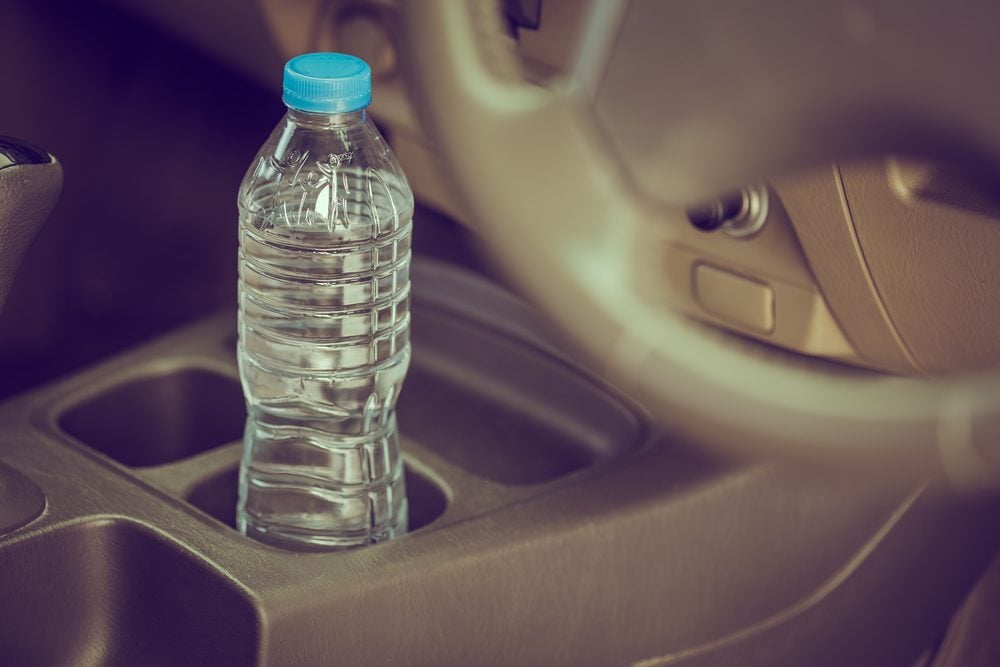Understanding Car Insurance Coverage for Engine Failure
Engine failure can be a major inconvenience, and knowing how your car insurance policy handles such situations can save you time, money,
Engine failure can be a major inconvenience, and knowing how your car insurance policy handles such situations can save you time, money, and stress. Whether your engine fails due to a recent collision or a sudden breakdown, understanding your insurance coverage is crucial. In this blog, we’ll explore when car insurance covers engine failure, what situations are not covered, and what you should do if your engine experiences problems.
What Does Car Insurance Cover in Terms of Engine Failure?
Car insurance can potentially cover engine failure, but it depends on the specifics of your policy and the cause of the failure. If you have full coverage, your insurance may cover engine repairs or replacements if the engine failure results from an event covered under your policy. This includes incidents such as collisions, vandalism, or natural disasters.
For example, if your engine is damaged in a car accident, comprehensive insurance might cover repairs if the damage was caused by a tree falling on your car or vandalism. Collision insurance also applies if your engine fails as a result of hitting another vehicle or a stationary object. However, it’s important to note that coverage under these circumstances is only applicable if the engine failure is directly linked to the covered event.
Additionally, if you have mechanical breakdown insurance (MBI), you might have coverage for engine failures not related to external damages. MBI is designed to cover sudden mechanical and electrical issues that are not a result of poor maintenance or wear and tear. This type of insurance is particularly useful if your engine fails unexpectedly due to internal mechanical issues.
When Won’t an Insurance Company Cover a Blown Engine?
While car insurance can cover certain types of engine failures, there are several situations where coverage is not provided. Engine failure caused by regular wear and tear or poor maintenance is typically not covered by most insurance policies. For instance, if your engine blows out due to overheating from low fluid levels or neglecting routine maintenance, the repair costs are your responsibility. Insurance companies view maintenance as the owner's responsibility, so they generally do not cover issues arising from lack of care.
Furthermore, if your engine failure is due to a manufacturer defect, the responsibility for repairs falls under the manufacturer’s warranty, not your car insurance. Manufacturer warranties are designed to address defects and premature wear, so if your engine fails due to a defect, you should contact the manufacturer for support.
What Policy Add-Ons Should I Consider to Cover My Car Engine?
To ensure comprehensive coverage for engine failures, you might consider adding specific policy add-ons to your car insurance. Here are a few options to explore:
-
Mechanical Breakdown Insurance (MBI): MBI is an optional coverage that extends protection to sudden mechanical and electrical failures not linked to poor maintenance. This type of insurance is valuable for covering unexpected engine issues that arise from internal problems. However, availability may vary by insurer, and there could be vehicle age restrictions. For example, some insurers like GEICO offer MBI only for cars less than 15 months old with fewer than 15,000 miles.
-
Extended Warranty: Although not an add-on to your auto insurance policy, an extended warranty can offer additional coverage for engine failures caused by manufacturer defects or early wear. Extended warranties cover repairs and replacements beyond the standard warranty period, typically ranging from three years or 36,000 miles. You can purchase an extended warranty for an additional cost, which averages around $1,000 per year but can be as high as $2,800 depending on your vehicle and provider.
-
Coverage for External Causes: Standard insurance policies like collision, comprehensive, and uninsured motorist insurance can also provide coverage for engine failures related to external causes. Collision insurance covers damage from collisions with other vehicles or objects. Comprehensive insurance protects against damage from events like hail, fire, or vandalism. Uninsured motorist insurance applies if another driver causes damage and flees the scene.
What to Do if Your Engine Fails While Driving?
Engine failure while driving can be alarming, but knowing the right steps to take can help you manage the situation effectively:
-
Stay Calm: Panic can lead to poor decisions. Stay calm and focused on addressing the issue safely.
-
Pull Over Safely: Look for a safe spot to pull over. Avoid sudden movements and try to find a place away from traffic.
-
Turn On Hazard Lights: Activate your hazard lights to alert other drivers of your situation.
-
Shift to Neutral and Attempt to Restart: If you suspect a temporary issue, shifting to neutral and attempting to restart the engine might help.
-
Slow Down: Reduce speed gradually by taking your foot off the gas. Avoid braking abruptly, as you need to maintain momentum to steer your vehicle safely.
-
Turn Off the Ignition: Once you’ve stopped, turn off the ignition to prevent further damage.
Contact Assistance: After safely pulling over, contact a roadside assistance provider for help. Here are some options:
-
AAA (American Automobile Association): If you’re a AAA member, you can access roadside assistance services across the U.S. and Canada. Depending on your plan, AAA can provide towing, diagnostics, and transport to a mechanic. Membership starts at around $51.50 a year.
-
Insurance Roadside Assistance: Some insurance policies include roadside assistance as an add-on or standalone service. This can cover towing and limited transportation. Check with your insurer for specifics.
-
Ask for Help: If you’re not a AAA member or don’t have insurance roadside assistance, consider reaching out to friends, family, or local authorities. You can also search for nearby towing services or mechanics using your mobile device.
How to File a Claim for a Blown Engine
Filing a claim for a blown engine involves the following steps:
-
File a Claim: Report the engine failure to your insurance company as you would for any other claim. This can typically be done via a mobile app or by calling an agent.
-
Provide Accurate Information: Be truthful about the circumstances surrounding the engine failure. If the failure existed before an accident, do not claim otherwise, as this constitutes insurance fraud.
-
Inspection and Evaluation: The insurance company will likely inspect your vehicle to assess the damage and determine coverage. Ensure you provide all necessary information and documentation.
By understanding your insurance coverage and knowing what steps to take in case of engine failure, you can better manage unexpected situations and avoid unnecessary costs.
What's Your Reaction?



















